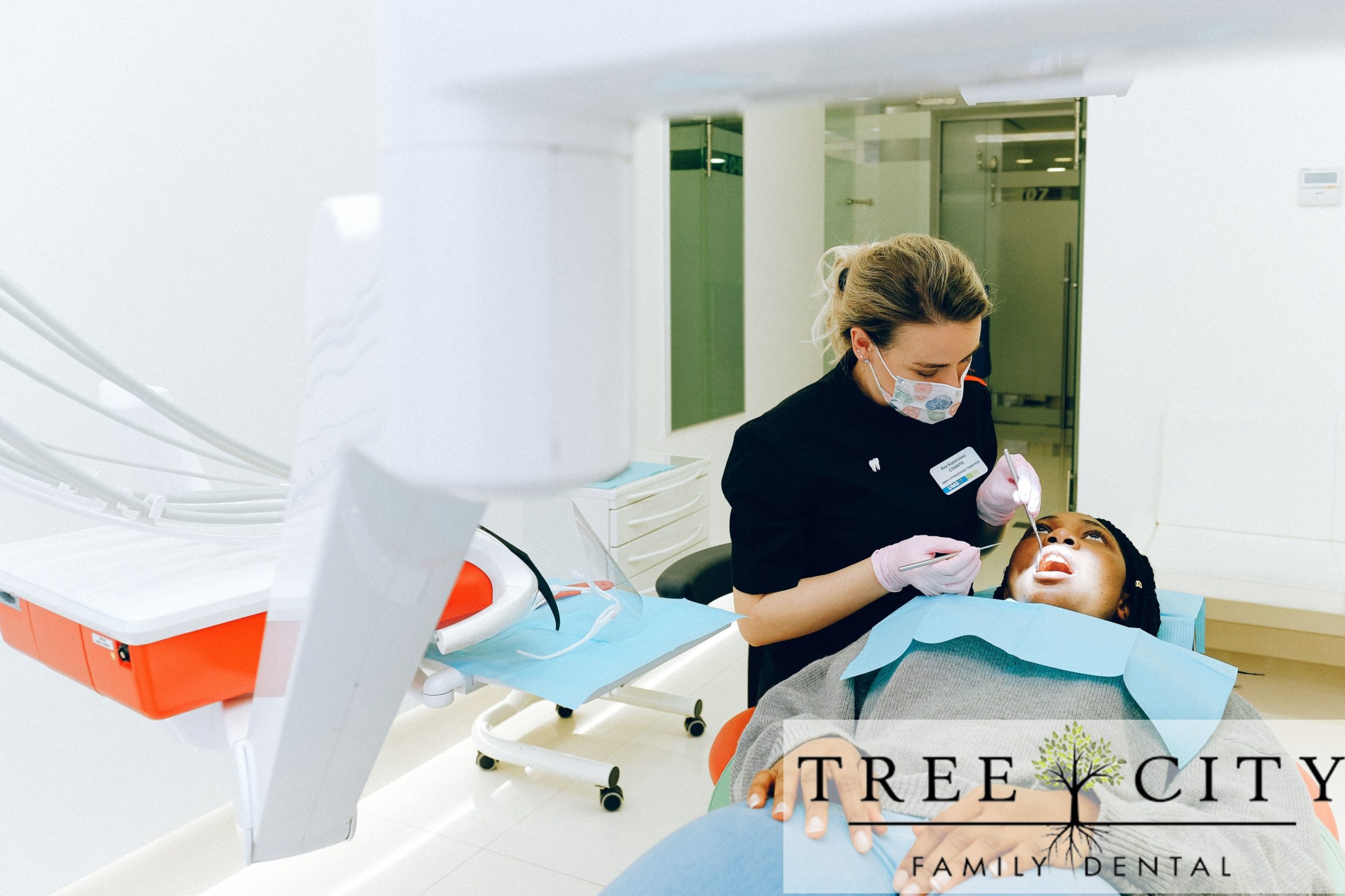Knowing when to go to the dentist is critical to your oral hygiene and health. For many people, it can be hard to tell when it’s urgent and time to call your dentist. This article will describe how to know when to contact your dentist for oral health issues.
Injuries
In general, any time you experience bleeding that doesn’t stop, intolerable pain, or an unnaturally missing tooth, you need to get to the dentist right away. Dentists will meet your emergency needs. Call ahead so they know you are coming and make sure to take care of any wounds or missing teeth. Acting fast can be the difference between keeping your original tooth and more serious oral surgeries.
Cavities
Often, cavities go unnoticed until they start to cause discomfort. Keeping up with your dentist check-ups will allow you to preemptively combat cavities before they start, or stop them before they cause serious oral problems. If you begin to feel pain or discomfort when eating or drinking, you may be developing a cavity. Some people notice a sensitivity to heat or cold when they have a cavity. Alternatively, if you can see a black or brown hole in your tooth, you need to see your dentist immediately. Leaving a cavity untreated can worsen the problem and contribute to more, bigger cavities. Only your dentist can diagnose a cavity and create a treatment plan, so it’s important to see them as soon as possible.
Wisdom Teeth
Your dentist will continuously evaluate your wisdom teeth and will make the decision to remove one, some, or all based on several factors. It is necessary to remove wisdom teeth when there is not enough space in the patient’s mouth for the teeth to properly sit. This can cause issues on your jaw and bite, it also causes pain and tenderness. Again, your dentist will monitor your wisdom teeth to determine the best care. If you notice discomfort or pain, make sure to mention it to your dentist so they know to be aware of the concern.
Crowns and Fillings
Although uncommon, it is possible for fillings and crowns to fall out. Whether a result of an injury or some other impact, this leaves your tooth exposed and can be painful if nerves are exposed. If this happens to you, don’t panic. Often, it is not an emergency, though it does need to be addressed by your dentist.
When Is It an Emergency
Many oral health issues can be monitored over time. However, when it’s an emergency, it needs to be taken care of right away. This includes bleeding that doesn’t stop and intolerable pain. When these things happen, you need to contact your dental office as soon as possible. Accidents happen and it’s important to know what to do when they happen so that you can respond accordingly.

